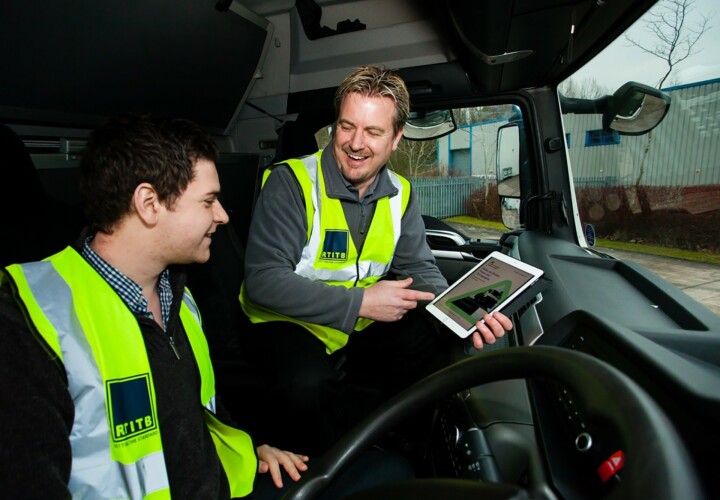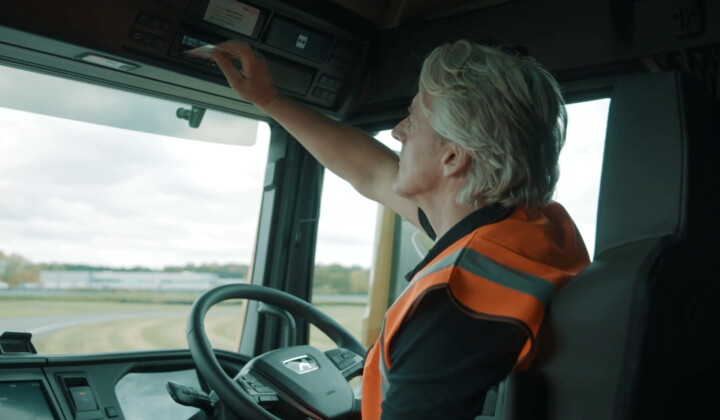Laura Nelson, Managing Director at RTITB offers her expert view on the mental health of drivers. RTITB are exhibiting at the Microlise Transport Conference at the Ricoh Arena on 15th May 2019…
HOW WELL DO YOU KNOW YOUR DRIVERS?
It’s difficult enough to get a read on people when you see them every day – most people are good at putting up a façade and hiding their true feelings or emotions, particularly in the workplace. But think about your drivers who are out on the road for long periods on their own. How are they . . . really?
As lone workers, LGV drivers face many hours at a time with nobody but themselves for company – during a four-and-half or ten-hour drive that’s a lot of time to worry, and generally ruminate on life. It’s not hard for a small issue (personal or professional) chased relentlessly around the mind to escalate to a major problem. And with no respite from these stresses and concerns, serious mental health issues such as depression and anxiety are all too common outcomes. Research from the British Occupational Health Research Foundation found that as many as 64% of remote lone workers report some form of psychological distress, with work pressures and isolation from colleagues as major contributors.
Interestingly, an essential part of your operation could in fact help identify and alleviate some of these issues. Regular assessment of driving standards is, undoubtedly, an important part of your company routine. An hour spent observing drivers is an hour well spent, when you consider the impact it can have on fuel consumption, general wear and tear, vehicle damage and, of course, safety. But did you know that same hour spent with an in-house assessor can provide a driver with an invaluable opportunity to connect with a trusted colleague in a familiar and safe environment?
There’s a lot of truth in the old saying, a problem shared is a problem halved, and for many drivers, just having that simple opportunity to talk with a trusted familiar face to get something off their chest, instead of worrying about it mile after mile, can make a huge difference. And, since many in-house drivers are often experienced drivers themselves, there’s often advice and guidance to be shared that could make the difference. Of course, it might be the case that a more serious issue is evident, but a skilled assessor can note their concern and highlight it in a tactful way to the appropriate person. Either way, the in-house assessor is a valuable lifeline for individuals who spend many hours on the road on their own.
Whether they are employed full time in the role, or they are a skilled driver with additional responsibility, there is no doubting the significant role these individuals play in transport and logistics operations, not to mention the value they bring – value that is not as readily present when the role is outsourced.
Mental health is an important issue at all levels of our society and, thankfully, awareness is increasing and stigma is decreasing through campaigns such as www.time-to-change.org.uk/ and www.rethink.org, but there is still more to be done. Our professional drivers operate in one of the most stressful work environments, so it is critical they are supported. Talking is a great place to start.




